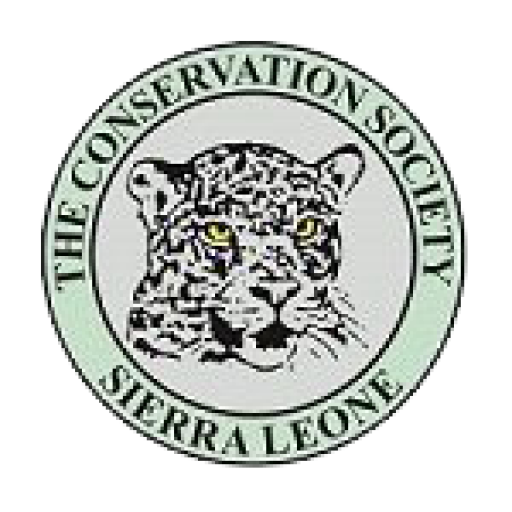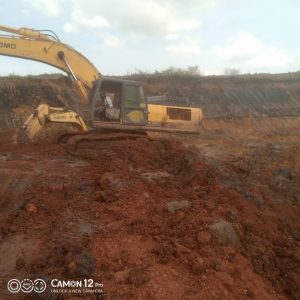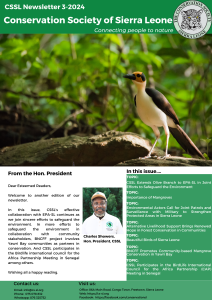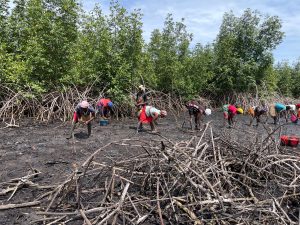On 5th October, right in the middle of Wildlife Week Celebrations 2023, the Conservation Society of Sierra Leone (CSSL) played host to key stakeholders in the conservation sector, including like-minded organisations, government representatives and the media to discuss better partnerships for Wildlife Conservation.
“Wildlife Conservation is key to protect and conserve biodiversity, ensure human health and stabilize ecosystems. When we talk about Wildlife Conservation, we are not only talking about wild animals but everything that is not domesticated. We talk about animals and plants; Flora and Fauna. We have a Wildlife Act in Sierra Leone, but what exactly is it saying about wildlife protection, and is it really enforced? How can we build stronger partnerships to ensure Wildlife Conservation in our country? These are the questions we want to answer today.”
Edward Sesay, CSSL`s Head of Programs
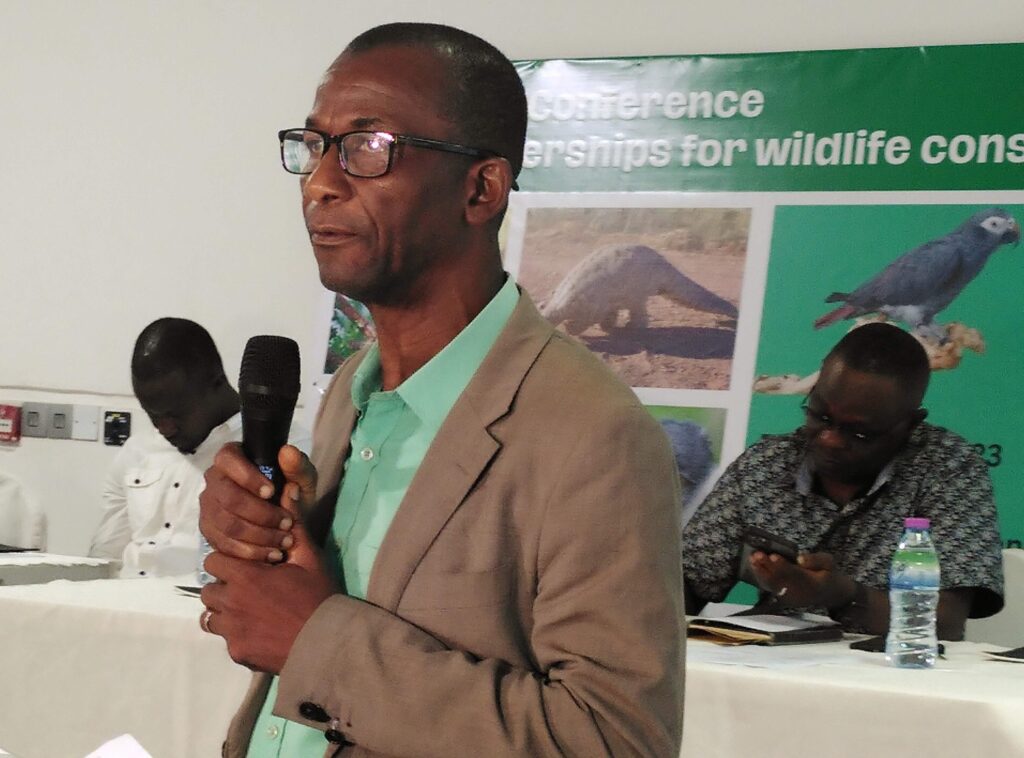
The statements of podium participants and open discussions unveiled the state of Wildlife Conservation through existing laws as well as gaps and challenges. The 1972 Wildlife Act was reviewed in 2022, but mainly updated fines. It is still stated in the act that the killing of precious species such as the chimpanzee, elephants or others is not reprimanded for with a high fine. “Other countries set high fines for killing of wildlife. In Kenia, for example, people get a life prison sentence OR pay 200,000 US-Dollars when they kill an antelope. This is real wildlife conservation. People will think twice whether it is worth to kill an animal or not when there are high fines,” Bashiru Koroma from the National Tourist Board asserted. Participants saw the urgent need for a review of the entire act, significant increase of fines and the numbers of protected species.
Apart from having strong laws, capacity building, awareness rising, and knowledge campaigns are needed to supplement the Wildlife Act. Harold Williams, representing the media and ENFORAC, emphasized that, “conservationists should collaborate stronger with the youth and local communities. They have to understand the benefits of wildlife conservation. Educate youth and local authorities about the consequences of taking wild animals to the villages and homes… there is need to close the knowledge gap. We need to educate people about the interconnections between health and wildlife conservation.” “Awareness and knowledge are not enough,” added Barbar Turay, a representative from the National Protected Area Authority (NPAA). “Forest guards and other entities that are in charge of protecting wildlife and habitats need to be equipped properly. Knowledge, technical and financial support should be allocated to the respective entities. There is also need for better collaboration between government bodies for clarity of mandates”, he emphasised.
These conflicting mandates as some people call them, weaken government’s implementation of the Wildlife Act , while also discouraging compliance among citizens in the country. Who to contact when you see someone acting against the Wildlife Act? Which government body will take care of captured animals? Is there any line for citizens to contact when they want to report an offense?
To improve wildlife conservation and enable citizens to help to protect our wildlife, knowledge campaigns are needed, an official contact is necessary and every offense against the Wildlife Act has to be pursued and punished with a serious fine or prison sentence.
How can partnerships boost wildlife conservation?
The discussions showed that close collaboration between different government bodies like the Ministry of Lands and the Ministry of Environment and Climate Change are needed to protect habitats of wildlife. In the same moment, partnerships and coordination between government and CSOs can improve knowledge level and awareness of communities and the general public regarding the importance of wildlife conservation for human well-being. For this goal, the media, faith-based organisations, schools and community leaders should be part of strong partnerships for wildlife conservation.
“We need to use the partnerships to get everyone involved. But at the end, we have to bring the responsibility to the institutions in charge and make them responsible for their performance,” mentioned Edward Aruna, Founder and Director of RAP-SL at the conference.
During the conference many gaps and challenges were discussed but – and this is the important part – the focus was on solutions, partnerships to improve wildlife conservation and a common way forward. CSSL thanks all participants for their open discussions, inputs, sharing of experiences, critical views, and goal-oriented commitments. CSSL will continue to address the gaps and challenges for an improved Wildlife Act in the future and more responsible citizens in the country.
“Wildlife Conservation needs us all. It is not only government, it is not only civil society, it is not only education that is needed. All of us, all institutions, all individuals play their important part to protect our wildlife, our biodiversity and our natural wealth.” Edward Sesay, Head of Programs, CSSL
